₵36.00 Original price was: ₵36.00.₵28.00Current price is: ₵28.00.
16 in stock
The MQ3 Gas Sensor is designed to detect alcohol vapors, making it popular for breathalyzer systems, alcohol detection devices, and safety applications. Its sensitivity and reliability make it ideal for both consumer and industrial use.
Categories: sensors
Description
The MQ3 Gas Sensor is designed to detect alcohol vapors, making it popular for breathalyzer systems, alcohol detection devices, and safety applications. Its sensitivity and reliability make it ideal for both consumer and industrial use.
Key Features
- Sensitive to alcohol vapors.
- Analog and digital output for easy interfacing.
- Adjustable sensitivity using a built-in potentiometer.
- Low-cost and widely available.
Specifications
- Operating Voltage: 3.3V–5V DC
- Operating Current: ~150 mA
- Detectable Gases: Alcohol vapors, ethanol.
- Output Types:
- Analog Output (AO): Proportional to alcohol concentration.
- Digital Output (DO): High/low signal based on the threshold set by the potentiometer.
- Preheat Time: ~20 seconds for stable operation.
- Sensitivity: Detects concentrations from 25 ppm to 500 ppm (parts per million).
- Operating Temperature: -10°C to 50°C.
Pinout
- VCC: Power supply (3.3V or 5V)
- GND: Ground
- DO: Digital output
- AO: Analog output
Working Principle
The MQ3 sensor uses a SnO₂ (tin dioxide) sensing layer. In clean air, the layer has low conductivity. When exposed to alcohol vapors, the conductivity increases, and the change in resistance is used to measure the concentration of alcohol.
Interfacing with Arduino
Hardware Setup
- Connect VCC to the Arduino’s 5V pin.
- Connect GND to the Arduino’s GND pin.
- Connect AO (Analog Output) to an analog input pin (e.g., A0).
- (Optional) Connect DO (Digital Output) to a digital input pin for threshold-based detection.
Sample Code
const int analogPin = A0; // Analog output pin
const int digitalPin = 2; // Digital output pin
int analogValue = 0;
void setup() {
Serial.begin(9600);
pinMode(digitalPin, INPUT);
}
void loop() {
// Read analog value
analogValue = analogRead(analogPin);
// Print analog value (alcohol concentration)
Serial.print("Analog Value: ");
Serial.println(analogValue);
// Check digital output
if (digitalRead(digitalPin) == HIGH) {
Serial.println("Alcohol concentration exceeded threshold!");
}
delay(1000);
}
Calibrating the Sensor
- Preheating: Allow the sensor to preheat for at least 24 hours for accurate results.
- Threshold Adjustment: Use the built-in potentiometer to set the digital threshold.
- Analog Output Calibration:
- Expose the sensor to known alcohol concentrations.
- Record the analog values and map them to actual alcohol concentration for precise readings.
Applications
- Breathalyzer systems.
- Alcohol detection in industrial environments.
- Safety and security systems.
- Alcohol vapor monitoring in research and laboratories.
- IoT-based alcohol detection systems.

₵3.00 Original price was: ₵3.00.₵2.00Current price is: ₵2.00.
28 in stock

₵175.00 Original price was: ₵175.00.₵155.00Current price is: ₵155.00.
10 in stock

₵220.00 Original price was: ₵220.00.₵180.00Current price is: ₵180.00.
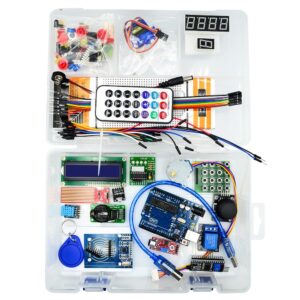
₵500.00 Original price was: ₵500.00.₵420.00Current price is: ₵420.00.
227 in stock
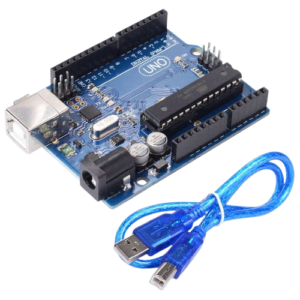
₵160.00 Original price was: ₵160.00.₵135.00Current price is: ₵135.00.
10 in stock
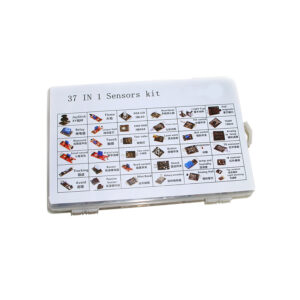
₵350.00 Original price was: ₵350.00.₵300.00Current price is: ₵300.00.
99 in stock
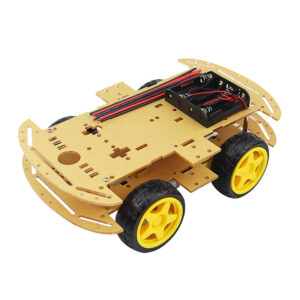
₵165.00 Original price was: ₵165.00.₵135.00Current price is: ₵135.00.
Out of stock
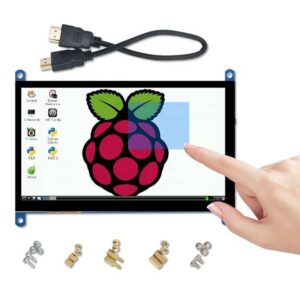
₵780.00 Original price was: ₵780.00.₵650.00Current price is: ₵650.00.
Out of stock

₵18.00 Original price was: ₵18.00.₵10.00Current price is: ₵10.00.
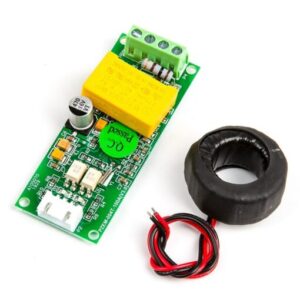
₵190.00 Original price was: ₵190.00.₵150.00Current price is: ₵150.00.
2 in stock
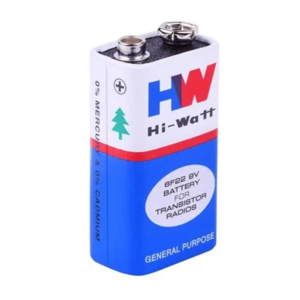
₵8.00 Original price was: ₵8.00.₵6.00Current price is: ₵6.00.
9 in stock

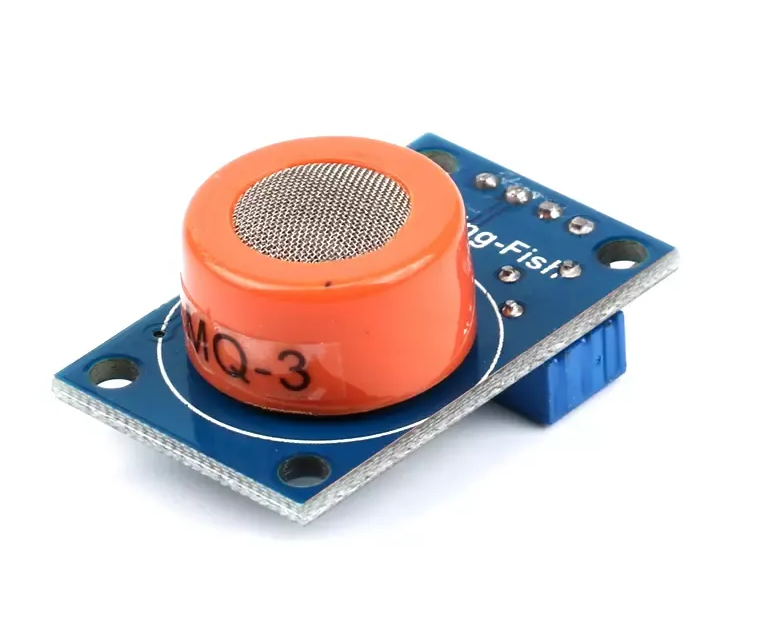
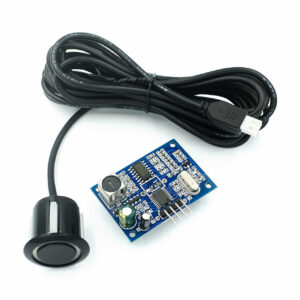
Reviews
There are no reviews yet.